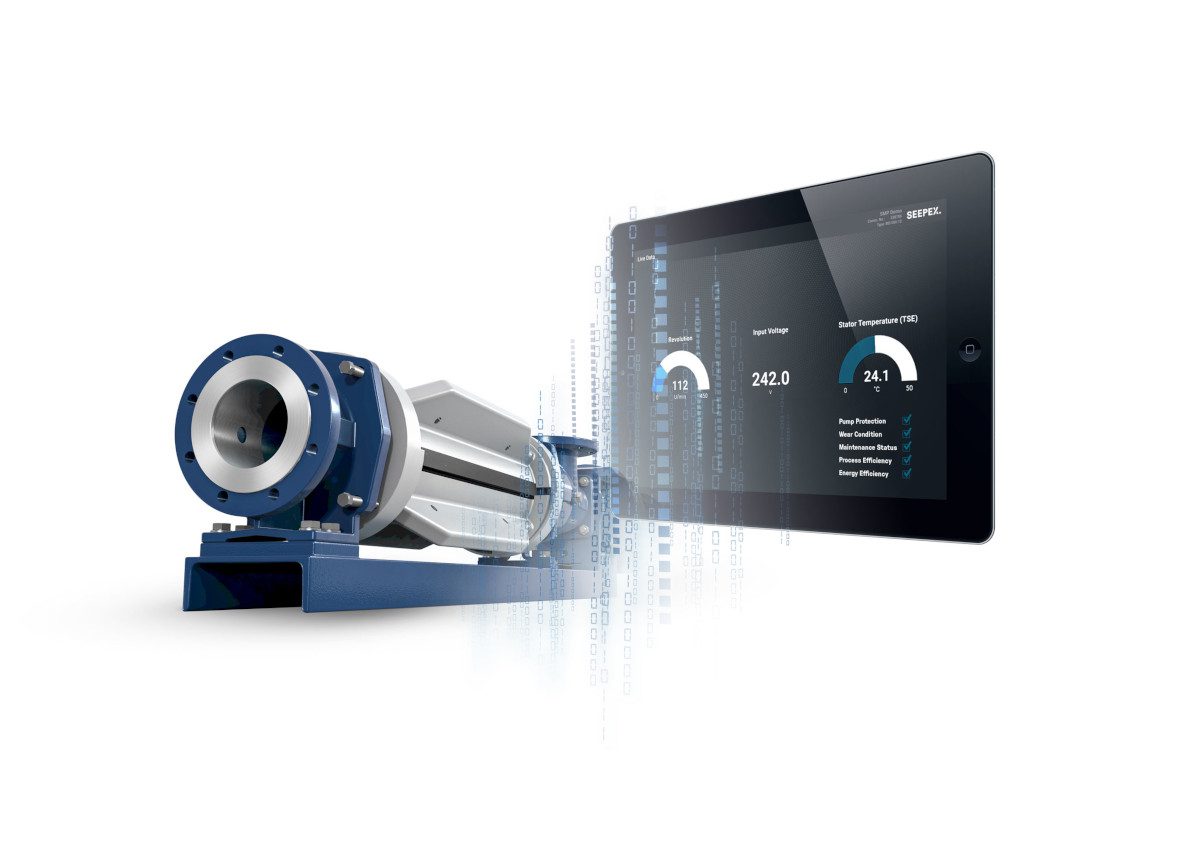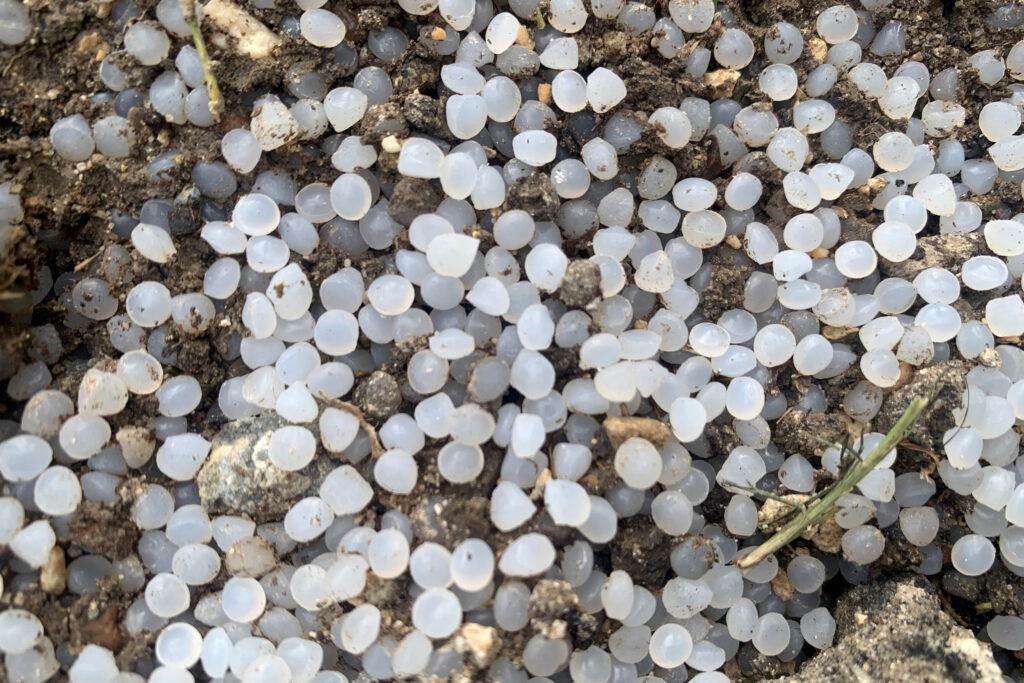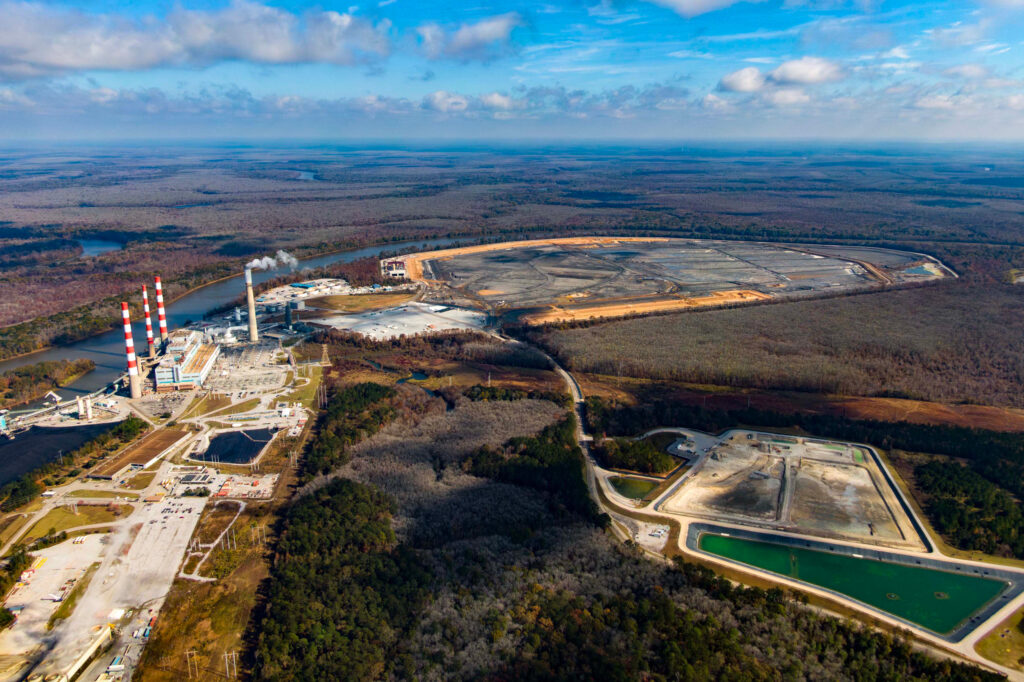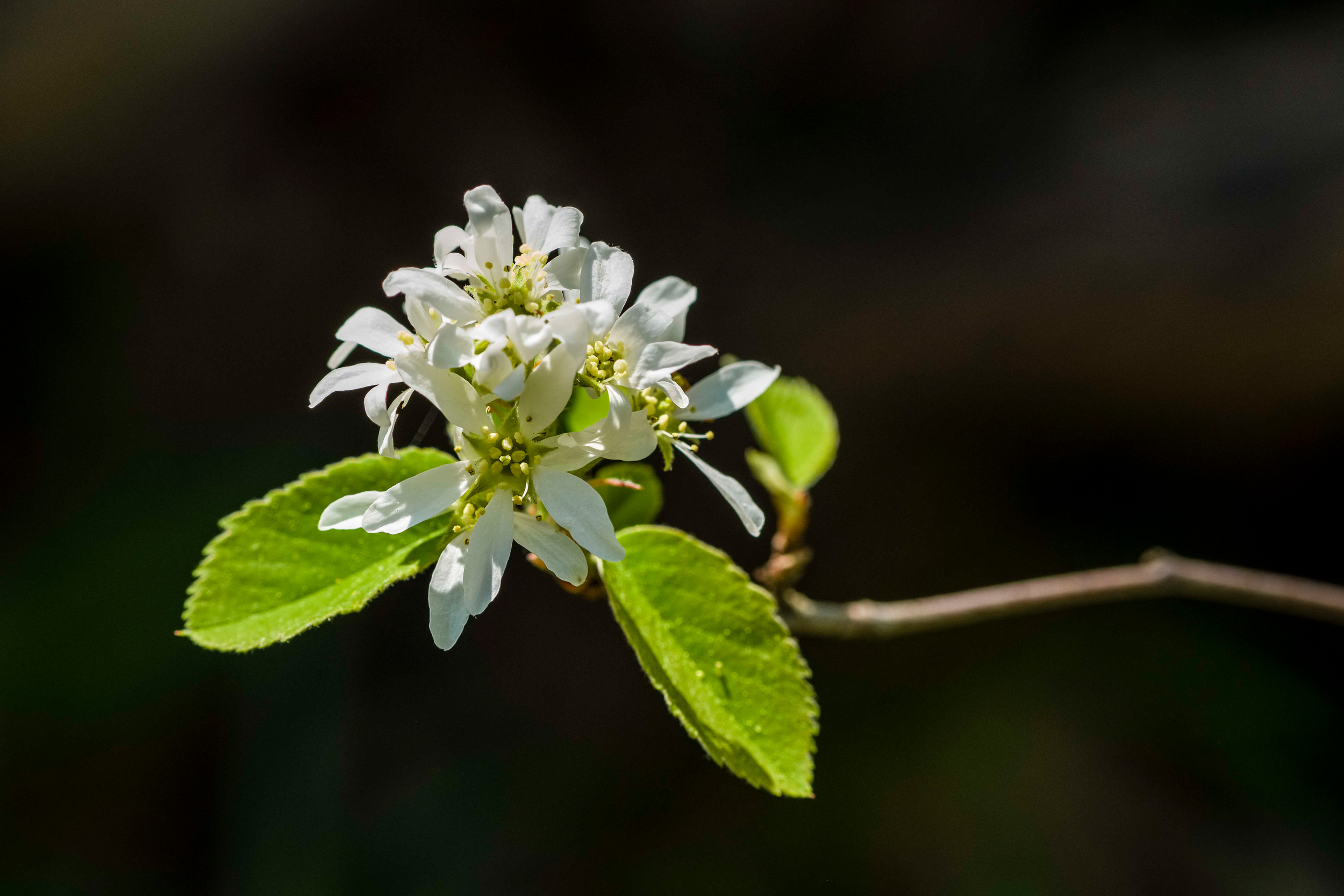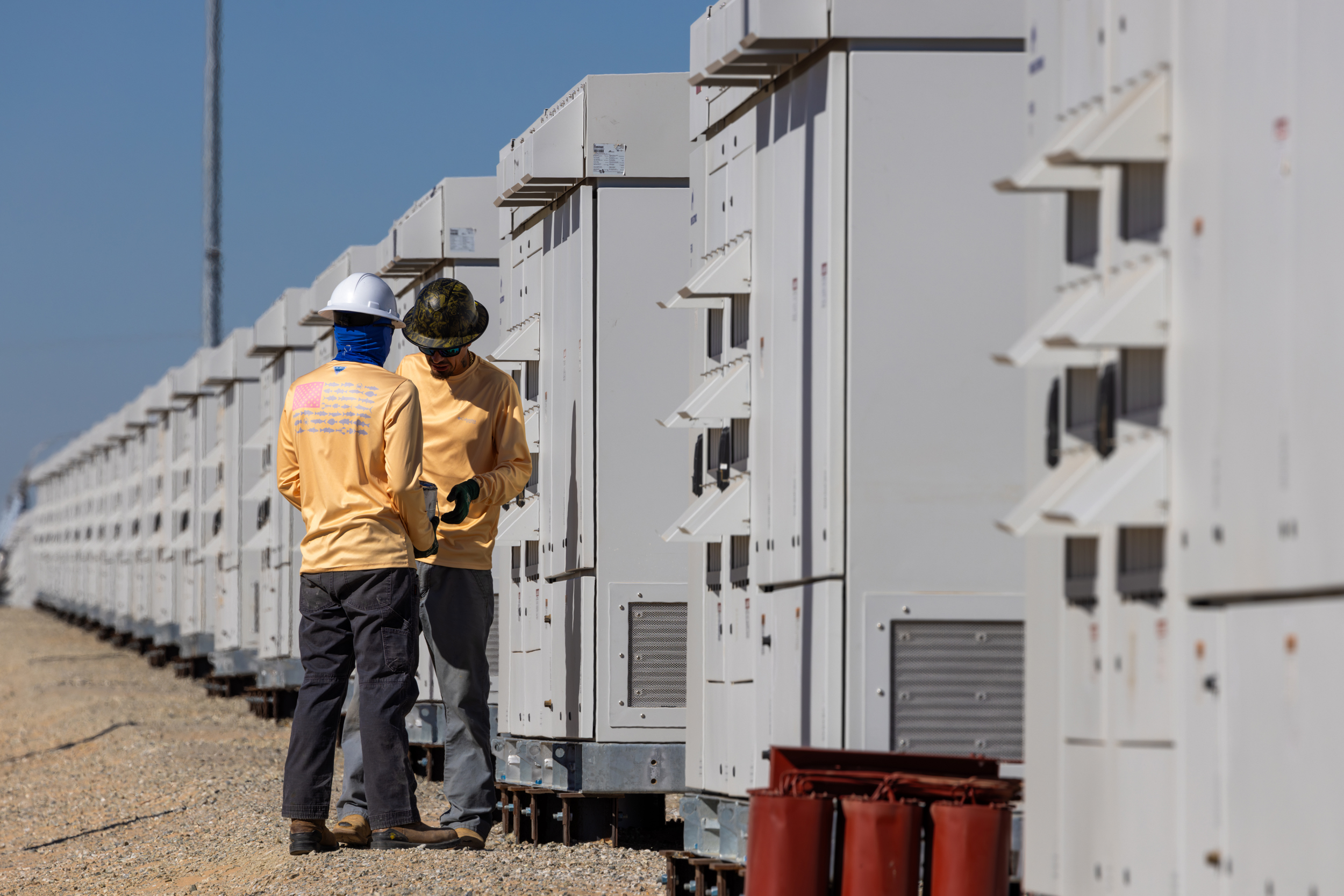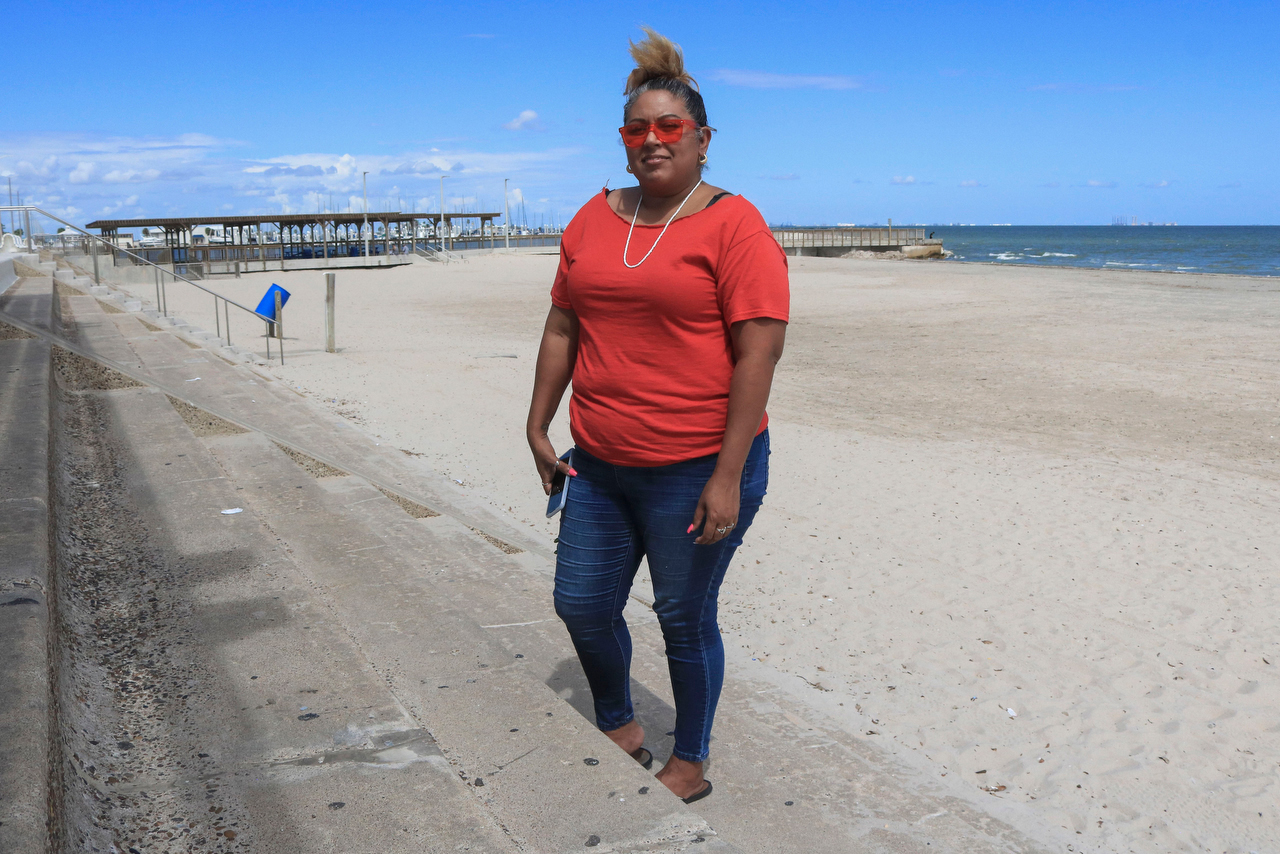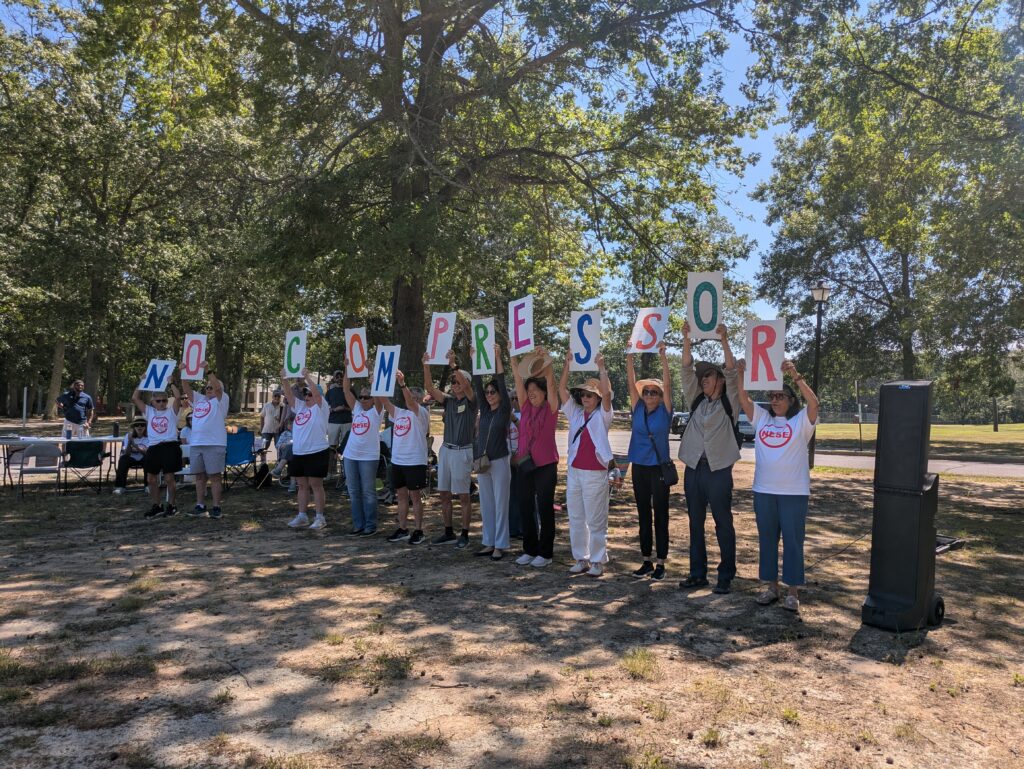A new study suggests citizen science holds untapped potential in measuring microplastic pollution, but chaotic research methods may be clouding the global picture
The study from the University of Portsmouth has highlighted the growing role of citizen science in tackling one of the planet’s most pervasive pollution problems: microplastics and mesoplastics. While researchers often warn that a lack of standardised protocols risks muddying the waters, this research shows that public involvement could be key to plugging the data gaps and that comparability rather than conformity is key.
The study compared three leading sampling protocols across coastal sites in southern England. These methods included two citizen science sampling protocols, the Big Microplastic Survey (BMS), and the Australian Microplastic Assessment Project (AUSMAP), and the scientific recommendations of the European Union Marine Strategy Framework Directive (MSFD). Using volunteer researchers, the team tested how each method performed in terms of data quality, ease of use, and adaptability to real-world conditions.
The researchers found that there was no one-size-fits-all approach and the sheer variety of methods now in use is hampering efforts to form a coherent global picture of coastal plastic pollution.
“We found that the BMS method often detected more plastics than the other two, especially in uncoordinated surveys,” said co-author Dr Michelle Hale, Head of the School of the Environment and Life Sciences at the University of Portsmouth. “But each method has its strengths. AUSMAP, for instance, was the fastest and most accessible in the field. MSFD, though slower and more technical, brings scientific rigour, if you’ve got access to a laboratory.”
The study comes amid mounting concern about plastic entering the oceans, now estimated at between 5 and 13 million tonnes a year. Microplastics (under 5 mm) and mesoplastics (up to 25 mm) are particularly concerning, as they are easily ingested by marine life and potentially enter the human food chain.
Volunteers have become a key force in monitoring plastic pollution and not just picking it up. But this growing citizen science movement, while rich in potential, has its flaws. Without consistent sampling protocols, comparing data across regions, studies and methods is fraught with challenges.
The research team isn’t calling for a single global standard – yet. Instead, they suggest a need for smarter cross-method comparison tools and further research into matching methods to specific environments.
“In a perfect world, yes, we’d all be using the same protocol,” said Dr David Jones, who developed the BMS method and undertook the study as part of his PhD at the University of Portsmouth. “But the variations in coastal geomorphology around the world makes this challenging. We are not going to stop volunteers from getting involved – nor should we. The goal now should be to make their efforts count, even if their methods differ.”
The paper emphasises that adaptability, not uniformity, might be the more realistic path forward. By focusing on comparability rather than conformity, scientists may yet turn this tide of scattered data into a cohesive force for environmental action.
Dr Hale added: “When it comes to understanding our plastic-choked coastlines, every piece of data counts – no matter how it’s collected.”









